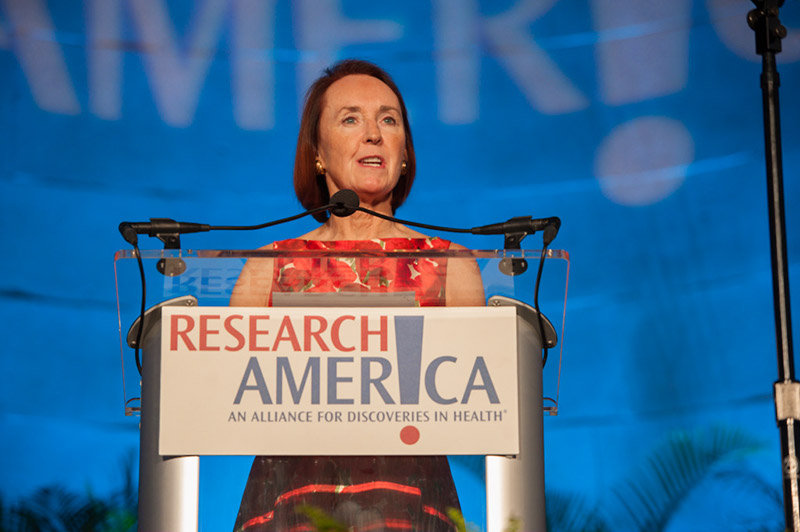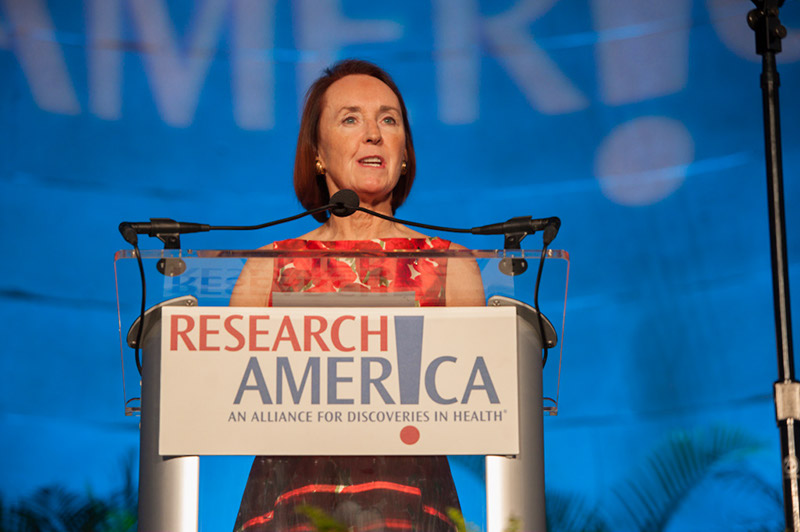Keep moving

 Dear Research Advocate,
Dear Research Advocate,
The partial government shutdown continues, now at day 27. There are too many furloughed workers struggling to make ends meet, our nation’s parks and monuments are being ruined, research support by NSF has been put on hold, and drug approvals have slowed at FDA. For a run-down on the broadscale impact, see this USA Today article quoting ASBMB’s Ben Corb, and for a closer look at the toll the shutdown is taking on research, check out this article discussing the impact at the University of Wisconsin, emblematic of so many campuses nationwide.
As a temporary patch, agency leaders have called back thousands of employees to work without pay. At the FDA, Commissioner Scott Gottlieb has called back more than 400 employees to conduct food safety inspections. Commissioner Gottlieb and other agency leaders affected by the shutdown are doing their best to maintain function and stability where they can, but it is constituents – advocates – who must prevail on Congress and the Administration to find a solution. The Friends of Cancer Research (FOCR) is circulating this organization sign on letter to House and Senate leadership about the impact of the shutdown on FDA (to sign on contact Ryan at FOCR).
Senate Appropriations Chair Richard Shelby (R-AL) has put forward a bold idea, suggesting that Congress simultaneously address two major challenges in the appropriations arena: the stalled FY19 appropriations bills that forced a partial shutdown, and the return of progress-stifling “sequestration” budget caps in FY20. To me, this exemplifies the vision and leadership we as a country and a people need and deserve. Use or modify this tweet to make the case for taking action!
Earlier this week, House Oversight Committee Chairman Elijah Cummings (D-MD) met with HHS Secretary Alex Azar to discuss drug pricing. As I’ve noted in previous letters, health care affordability is a multifaceted issue, one on which every research stakeholder should engage. Inaction is not the right answer, nor is an action taken before the full panoply of consequences are considered. If the impact on the pace of medical progress is not factored in, reforms meant to reduce healthcare costs could actually increase them.
Affordability is one of the topics we’ll discuss during our January alliance member meeting tomorrow at 12:00 p.m. ET. During the meeting, we’ll hear from Pete Kirkham, Red Maple Consulting, about what we can expect heading into the 116th Congress (including appropriations, spending caps, and more) and brainstorm on 2019 advocacy. Email Jacqueline ([email protected]) to arrange to attend in person or via conference line.
Speaking of affordability, next Thursday, January 24, the National Academy of Medicine will host a webinar about the future of health services research (HSR). HSR has proven its value again and again as a sure path to saving lives and money. Since 2010, Agency for Healthcare Research and Quality-supported research alone contributed to a 21% reduction in medical complications that occurred in hospital settings, resulting in 125,000 deaths avoided and $28 billion in savings. Learn more here.
Finally, as we approach Martin Luther King Jr. Day, this moment brings to mind Dr. King’s quote, “If you can’t fly, run; if you can’t run, walk; if you can’t walk, crawl; but by all means keep moving.”
Sincerely,
Mary Woolley




